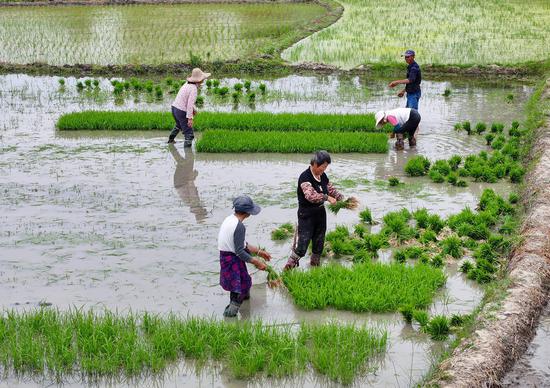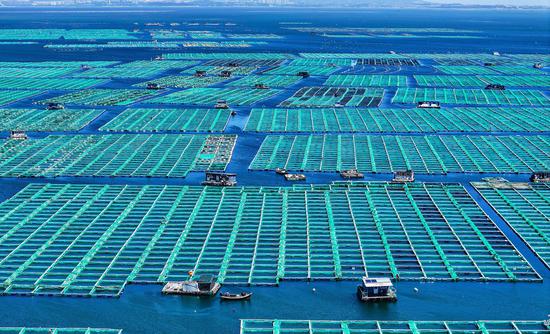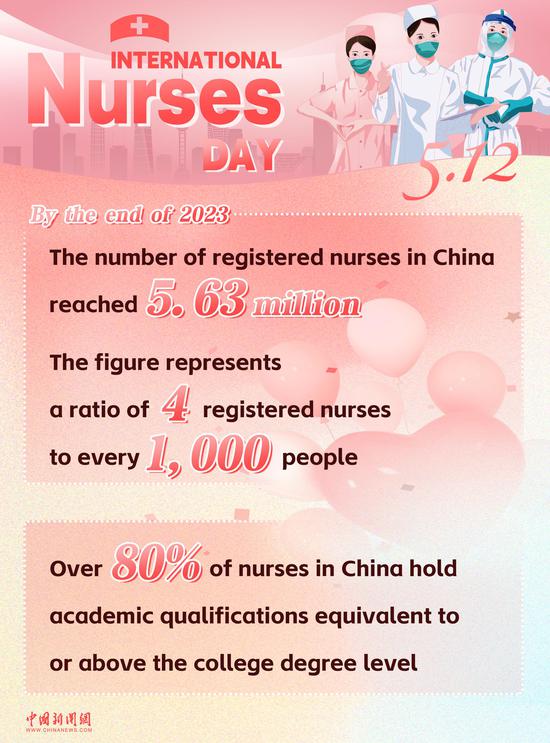China has in recent years adopted a mix of methods to reduce its reliance on imported soybeans, a crucial raw material for making animal feed, such as through crop rotation and the deployment of higher-yield varieties.
However, a group of scientists in Tianjin have taken a different approach. They have set their attention on protein biosynthesis using methanol as a raw material, where progress has stalled for decades due to the hefty costs.
A breakthrough could potentially help wean China off its reliance on proteins derived from soybeans.
The researchers from the Chinese Academy of Sciences' Tianjin Institute of Industrial Biotechnology, led by Wu Xin, recently announced a commercially viable approach to biosynthesize protein that can be used in making animal feed.
Their findings were published in the peer-reviewed journal Biotechnology for Biofuels and Bioproducts on Nov 17.
"Research on synthesizing cellular protein from methanol began in the 1980s," Wu said in the paper.
"Yet, due to high costs, methanol-synthesized protein products could not compete with soy protein and have not been produced on a large scale," he added.
According to the paper, the approach involves industrial fermentation using methanol, which can be cheaply derived from coal, as raw material.
The yeast strain Pichia pastoris, used in this process, grows by using methanol.
Previous attempts to commercialize this method have stalled due to the toxicity and complex pathways of methanol, resulting in approximately 20 percent wastage.
To solve the problem, Wu's team collected over 20,000 yeast samples from vineyards, forests and marshlands across China. From those samples, they identified strains capable of efficiently using various sugars and alcohols as carbon sources.
And by knocking out specific genes in a wild Pichia pastoris strain, they engineered a yeast with significantly enhanced methanol tolerance and metabolic efficiency.
This engineering raised the conversion rate of methanol to protein to 92 percent, making this protein production method very attractive economically, the paper said.
"It doesn't require arable land, is unaffected by seasons and the climate, and is a thousand times more efficient than traditional agricultural practices," Wu said in the paper.
"Moreover, the protein content in the microorganisms ranges from 40 to 85 percent, significantly higher than in natural plants," he added.
These organisms also contain a complete amino acid profile, vitamins, inorganic salts, fats and carbohydrates, allowing them to partially replace fishmeal, soybeans, meat and skimmed milk powder in various applications.
China currently imports around 100 million metric tons of soybeans annually, mostly from Brazil and the United States.
Despite a national drive to ramp up domestic production in recent years due to vulnerable global supply chains, the country currently produces just around one-fifth of its needs.
In a major move to bolster domestic production, the Chinese government last year expanded the commercial use of genetic modification technologies to staple food crops including soybeans. Such technologies have long been restricted to cotton and papaya in the nation.


















































 京公網安備 11010202009201號
京公網安備 11010202009201號